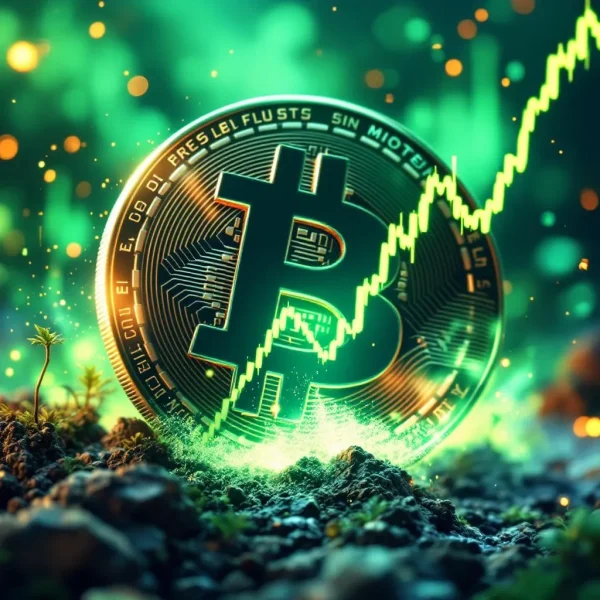Ripple Price XRP








Statistics
| Volume | 3155922622.19 |
| Marketcap | 90604636285.47 |
| Avail. Supply | 60917315351.00 |
| Total Supply | 99985721048.00 |

Current Price & Volume
The live price of XRP is $1.49 USD with a current 24-hour trading volume of $3155922622.19 USD. XRP to USD price is updated in real-time.
Historical Ripple Price
2012-2013
XRP was launched in 2012 by Ripple Labs. The Ripple price was initially very low, around $0.005.
2014-2016
XRP remained relatively stable with minor fluctuations, typically between $0.005 and $0.01.
2017
XRP experienced growth. By April 2017, it reached $0.05; by May 2017, it had surged to around $0.30. In December 2017, XRP reached its all-time high of approximately $3.84, driven by the overall cryptocurrency market boom.
2018
Following its peak, Ripple price declined steadily, ending the year around $0.30 to $0.40.
2019-2020
XRP price continued to experience fluctuations. It hovered around $0.20 to $0.50, with some spikes in late 2020, reaching about $0.70.
2021
XRP saw another big rise in April 2021, reaching around $1.96. However, it faced volatility and regulatory challenges, particularly the SEC lawsuit against Ripple Labs, impacting its price. By the end of 2021, XRP was trading around $0.80 to $1.00.
2022
Ripple price fluctuated throughout the year, influenced by market trends and ongoing legal issues. It generally traded between $0.30 and $0.90.
2023
XRP price remained volatile but showed signs of recovery, with positive developments in its legal battle. For most of the year, it ranged between $0.30 and $0.60.
About Ripple
What is Ripple (XRP)?
Launched in 2012, the XRP Ledger (XRPL) is an innovative, open-source platform that is both permissionless and decentralized. XRPL stands out for its impressive features, including ultra-low transaction costs ($0.0002 per transaction), lightning-fast settlement times (3-5 seconds), and exceptional scalability (handling up to 1,500 transactions per second).
Additionally, it is environmentally friendly, carbon-neutral and highly energy-efficient. Notably, the XRP Ledger integrates the first decentralized exchange (DEX) and offers advanced custom tokenization directly within its protocol. With a proven track record, the XRP Ledger has reliably processed over 70 million ledgers.
What is the XRP Ledger?
The XRP Ledger is an open-source blockchain technology developed by Ripple. It operates as a decentralized system that processes and settles transactions quickly and efficiently. The ledger verifies transactions using a unique consensus algorithm, ensuring speed and reliability.
Who Founded Ripple?
Ripple was founded by Chris Larsen and Jed McCaleb in 2012. They created Ripple Labs, the company behind the Ripple payment protocol and the XRP cryptocurrency.
What is XRP Used For?
Cross-Border Payments
XRP allows fast and inexpensive international money transfers, acting as a bridge currency between different fiat currencies and other cryptocurrencies.
Liquidity Provision
In Ripple's On-Demand Liquidity (ODL) service, XRP provides liquidity for financial institutions, making it easier to conduct cross-border transactions without the need for pre-funded accounts.
Micropayments and Remittances
The low transaction cost and fast settlement make XRP suitable for micropayments and remittances, providing a cost-effective solution for small-value transfers.
Ripple Network Security
The security of the Ripple network is a key aspect of its design. It encompasses several features and mechanisms to ensure the integrity, reliability, and safety of transactions.
Unique Consensus Protocol
Unlike Bitcoin, which uses proof-of-work, Ripple employs a consensus algorithm called the Ripple Protocol Consensus Algorithm (RPCA). This protocol does not rely on mining (mining works by solving complex mathematical problems to validate transactions and add them to the blockchain). Instead, it uses a network of validating servers to agree on the order and outcome of XRP transactions every few seconds.
Validator Nodes
The network consists of trusted validators that validate and verify transactions. These validators reach a consensus on the ledger state, making it extremely difficult for any single entity to manipulate the network.
Decentralized Network
While there have been criticisms regarding centralization, Ripple has tried to increase the number of independent validators to improve decentralization. The more diverse and independent the validators, the more secure the network becomes.
Transaction Fees
To prevent spam attacks, every transaction on the Ripple network incurs a small fee paid in XRP. This fee is not paid to any party but is destroyed, effectively removing it from circulation. The cost associated with spamming the network becomes prohibitive, thus protecting the network from potential spam attacks.
Ripple and the SEC
Since December 2020, Ripple has been fighting a big court case with the U.S. government's SEC. The SEC says Ripple broke the rules by selling XRP without telling them first, like they were supposed to if XRP was a type of investment.
Ripple says that's not true. They say XRP is not an investment but a type of money, like Bitcoin or Ethereum, that helps move other money worldwide.
This fight is a big deal for all cryptocurrencies, not just XRP. What the court decides could change how the U.S. treats cryptos.
Even though they're in court, Ripple is still working and growing. But it's tough because they're not sure what will happen next. The court said Ripple did some things wrong when they sold XRP to big players, but not everything the SEC complained about. Ripple doesn't agree with the SEC wanting them to pay almost $2 billion.
Ripple Pros and Cons
Pros:
- Ripple transactions are extremely fast, settling within seconds, and incur minimal fees, making it one of the most cost-effective options for cross-border payments.
- Unlike Bitcoin and other cryptocurrencies that use proof-of-work or proof-of-stake, the XRP Ledger uses a consensus algorithm that enhances transaction speed and energy efficiency.
- Ripple has established numerous partnerships with banks and financial institutions to streamline and reduce the costs of international money transfers.
- Ripple's On-Demand Liquidity (ODL) service uses XRP to provide liquidity for cross-border transactions, eliminating the need for pre-funded accounts.
Cons:
- Cryptocurrencies, including XRP, are known for their high volatility. Ripple price can fluctuate greatly in a short period, leading to potential losses.
- The ongoing lawsuit between Ripple Labs and the SEC regarding XRP's classification as a security creates uncertainty. A negative outcome could impact XRP's value and usage.
- The cryptocurrency market is crowded with established players like Bitcoin and Ethereum and new projects vying for dominance. XRP faces competition in the cross-border payment space.
- Although the XRP Ledger is decentralized, Ripple Labs holds many XRP. This raises concerns about the coin's true decentralization and potential manipulation.